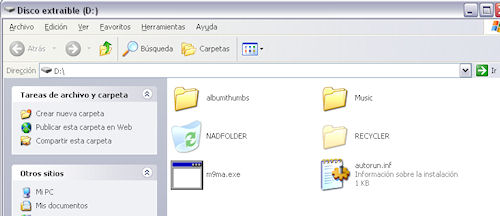Bad butterfly
As smartphones become both smarter and more ubiquitous, we should expect bad guys to target them more for malware infestation.
A Spanish employee of security software Panda - which has been keeping an eye on the massive new botnet ‘Mariposa' (Spanish for butterfly) - apparently got a nasty surprise when she connected her new, Android-based and Vodafone-supplied HTC Magic to her PC.
It initiated some autorun programmes, which set-off her Panda antivirus, according to a recent Panda blog post. Further inspection revealed the malware the phone was infested with was a Mariposa bot client. Furthermore, there was also Confiker and Lineage malware too.
We spoke to Vodafone and, while they stressed they were still looking into how this happened, in cooperation with both Google and HTC, right now it looks like an isolated incident. Here's the official statement:
Vodafone takes the security and privacy of its customers extremely seriously and launched an immediate investigation into this incident
Following extensive Quality Assurance testing on HTC Magic handsets in several of our operating companies, early indications are that this was an isolated local incident
Vodafone keeps its security processes under constant review as new threats arise, and we will take all appropriate actions to safeguard our customers' privacy.
While this is far from the kind of apocalyptic malware you can imagine smartphones have the potential to host, it does serve as a timely reminder that it surely won't be long before we all need security software installed on our phones, just as we already do on PCs.














